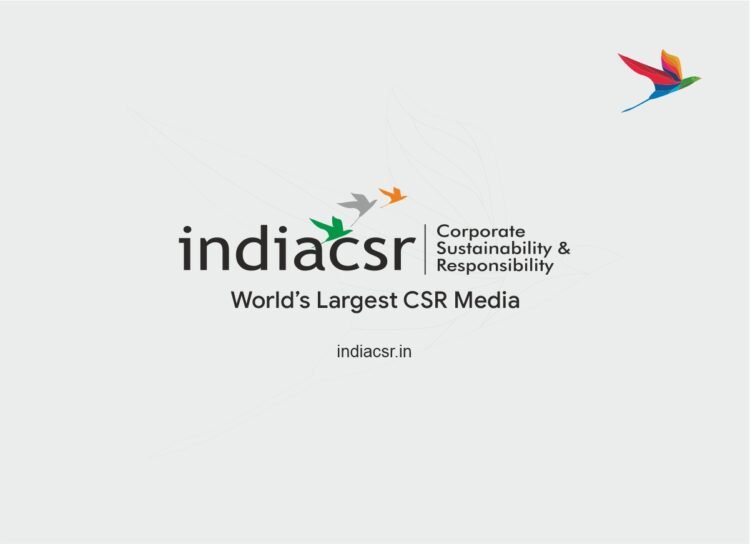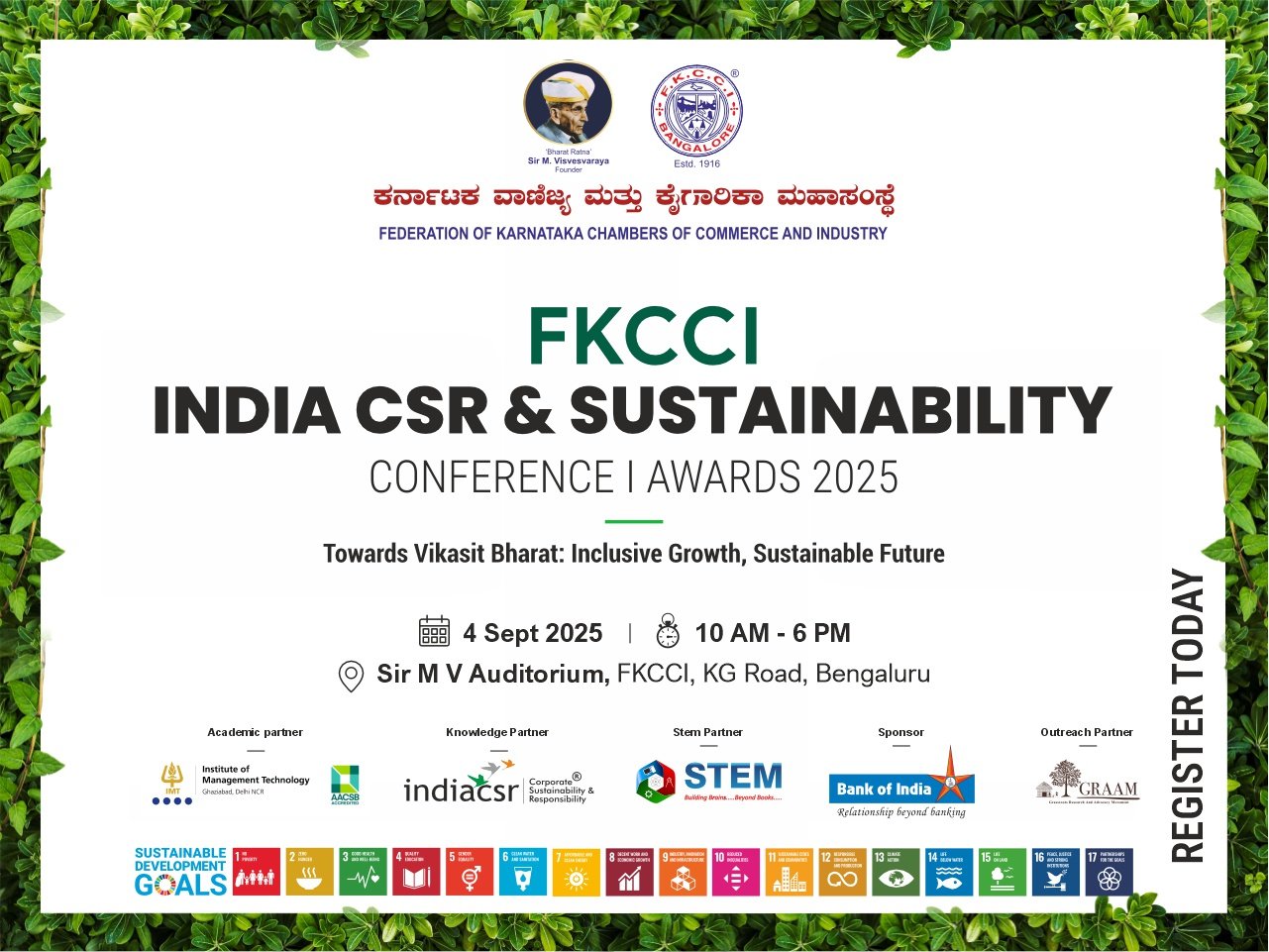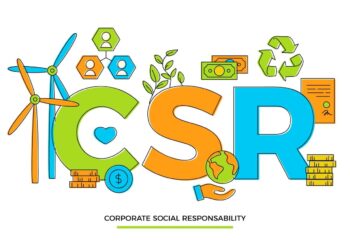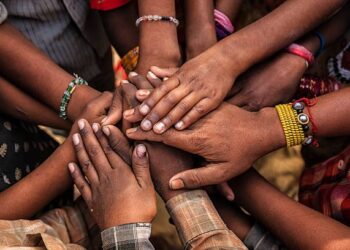By Suresh Kr Pramar
On November 19, 1863 US President Abraham Lincoln, best known among American Presidents, gave the world the most acceptable definition of representative democracy. Stressing on the principles of equality he described representative democracy as a “government of the people, by the people, for the people”
Significance of ‘OF’, ‘BY’, and ‘FOR’ in Democracy
Each word, ‘of’, ‘by’ and ‘for’ are highly significant for people in countries practicing the democratic system of government. ‘OF’ indicates people, the voters, who elect representatives to the various elected bodies, to work on their behalf to fulfill their political, social and economic aspirations. ‘BY’ denotes the elected peoples’ representatives in various elected bodies working on behalf the people, their voters, jealously guarding the political, social and economic interests of the people. FOR would represent the people, the voters whose rights their representatives in the various elected bodies uphold.
India’s Tryst with Destiny
India’s freedom was heralded by the country’s first Prime Minister, Jahawarlal Nehru, with his tryst with destiny speech. “Long years ago we made a tryst with destiny, and now that time comes when we shall redeem our pledge, not wholly or in full measure, but very substantially… Freedom and power bring responsibility. The responsibility rests upon this assembly, a sovereign body representing the sovereign people of India… The service of India means the service of the millions who suffer. It means the ending of poverty and ignorance and disease and inequality of opportunity. The ambition of the greatest man of our generation has been to wipe every tear from every eye. That may be beyond us, but as long as there are tears and suffering, so long our work will not be over.”
Democracy’s Essence and Challenges
The concept of democracy is political in origin. Its principles are something that we share every day. What it means to us is the freedom to do as we choose; it is the opportunity to vote, to get any job of our choosing and to not be discriminated against due to our position at birth. A democratic existence isn’t always guaranteed, despite being the core foundations of today’s society.
Democracy in India’s Constitution
India has a long tradition of democracy locked in our traditional Panchyats and tribal councils. It was therefore natural that when India wrote its constitution the guiding principles were democracy and the welfare of the people. The Directive Principles of State Policy, embodied in Part IV of the Constitution, are directions given to the State to guide the establishment of an economic and social democracy.
Post-Independence Democracy
They set forth the humanitarian and socialist instructions that were the aim of social revolution envisaged in India by the Constituent Assembly. The State is expected to keep these principles in mind while framing laws and policies, even though they are non-justifiable in nature. The Directive Principles may be classified under the following categories: ideals that the State ought to strive towards achieving; directions for the exercise of legislative and executive power; and rights of the citizens which the State must aim towards securing.
Economic Disparities in Democratic India
Independent India has moved along the path of representative democracy since 1952, when the first elections, to the various representative bodies, were held. We have held our head high among other nations who gained independence from British rule during the period. We as a nation need to be proud of our performance as a democratic nation. Yet there are problems and issues which have dented our achievements.
I would like to concentrate here mainly on the economic aspect, though there are many issues, some more disheartening.
Of the people, by the people, and for the people, will have no meaning if the political, social and economic fruits of democracy are not available to all citizens in adequate proportions. It is in the area the distribution of created economic wealth that Indian democracy has fallen behind.
In a recent article in Quartz India Dilip Hiro has said India’s rich are growing richer and the poor poorer. The number of dollar billionaires in India has jumped. Between 2004 and 2015, their number increased from 13 to 111, the third largest after the United States and China, according to an annual list published by the Chinese magazine Hurun.
Economic Liberalization and its Impact
In 1991 the Indian government introduced the New Economic Policy, which brought in a compendium of economic liberalization, privatization and opening up to the world. “The policy required the government to reduce the state’s role in the economy, cut state spending and subsidies, abolish price controls, privatize public undertakings, reduce tariffs, welcome foreign direct investment, and regulate the financial sector lightly. The policy help India burst out of the 3-5 percent growth rate of the pre 1991 era. From 1991 to 1996, India’s average annual GDP expansion was 6.7 percent”
The economic liberation has been a mixed boon. It have increased the economic wealth of the country and made the rich richer and the poor worse off. It has created an unequal economy which has placed additional burdens of the poor and the deprived. The rich elite control more wealth, their share increasing from 1.8 percent to 26 percent in 2008. They are richer and more powerful, in some cases more powerful than the governments of the day
Economic growth increased but the redistribution of wealth was skewed making the better off improve their living standards further. The majority who were not so better off have stagnated or are worse off than they were earlier. India is still an agrarian society. Seventy percent Indians live in villages. A little over half of the nation’s workforce is engaged in agriculture and allied activities.
Post NEP India has taken strong strides in economic progress. The increase in the national income has helped to dent the levels of poverty in India. During the first post-NEP decade indebted farm households nearly doubled, from 26 percent to 48.6 percent. The ratio of debt to assets rose from 1.6 to 2.4, an increase of 50 percent. The trend has continued, with an increasing number of indebted farmers committing suicide. According to P.Sainath, who specializes on rural reporting P. Sainath, who specializes on rural reporting, 1.5 lakh Indian farmers who took their own lives between 1997 and 2005. The trend continues as government fumble to find solutions.
Hiro says on export-led growth, under the New Economic Policy, encouraged cultivators to switch from food crops to fertilizer-intensive cash crops like cotton, coffee, sugarcane, declined from 510 grams in 1991 to 422 grams in 2005. The general lack of rural development and neglect of poverty alleviation has meant continuing malnutrition. A 2009 study by the official National Nutrition Monitoring Bureau showed 35 percent of Indians suffering from chronic hunger as measured by body mass index.
As Prof. Utsa Patnaik, India’s top economist on agriculture, has said the average poor family has about 100 kg less today than it did just ten years ago – while the elite eat like it’s going out of style. For many, the shift from food crop to cash crop makes it worse. At the end of the day, you can still eat your paddy. It’s tough, digesting cotton. Meanwhile, even the food crop sector is coming steadily under corporate price-rigging control.
Increased GDP growth has come at the cost of ever-widening inequality. Grassroots resistance to NEP in India’s democratic environment has made its progress intermittent. This pattern is set to continue irrespective of which of the two major parties—the Congress or the Bharatiya Janata Party—is in power.
Failures of Indian Democracy
Indian democracy has failed large sections of the population. Scores of people living in the rural areas, tribal community groups, the urban poor, the schedule caste communities largely feel that they have been kept out of the development cake. The rich and influential are grabbing, by all means possible, the cream of the country’s increased prosperity.
A large number of people in India still live on the streets and beg to secure money to eat a meal. Poor children are unable to attend school and, if they do attend, they tend to leave after a year or so. People below poverty line live in unhygienic conditions and are so prone to many health problems. With this, the vicious cycle of poor health, lack of education and more poverty keeps on increasing. Tribal people, Dalits and labour class including farm workers in villages and casual workers in cities are still very poor and make the poorest class in India
Challenges in Political Leadership
The present day political leadership, whether from the Congress, the BJP or any other, are no longer motivated by the spirit of service, as were many of those in the past. Today the motivating factor is money, power and influence. While the country and large sections of the population suffer and feel deprived politicians of all hues are busy striking deals and gathering wealth.
Broken Promises of Democracy
The promise of democracy. The promise of progress and prosperity for all. All lie shattered in the villages and cities of the nation. There is growing frustration and anger. Evidence is the daily dose of crimes of all kinds making banner headlines in newspapers. Unfortunately for the country the middle class, which the world over is the instrument for political and economic change, is dormant and uncaring. Their inability has left many a cause leaderless.
Call for Inclusive Democracy
Democracy to grow and deliver calls for a greater involvement of the people in all sector of political and economic life. Leaders call for inclusive government, which will involve all sections of the population in decision making, but continues to favour the rich and the influential.
Long Road to True Democracy
Indian has still a long way to travel to become a representative democracy ‘of the people, by the people and for the people’. Today it is ‘of the rich and influential, by the rich and influential and for the rich and influential’. An evidence of this is the growing number of billionaires in the country since 1991. Nehru’s promise to help wipe every tear from every eye remains unfulfilled almost 70 years after independence.
About the author:
Suresh Kr Pramar is a renowned journalist and consultant writing on CSR issues.
You may also like:
- Breaking the glass ceiling and gender equality
- CSR Funds: Kuber Ka Khajana?
- India ESG Summit: Nirbhay Lumde, Head – Sustainability & CSR Asia Pacific SBU, CGI to be a guest speaker
- Corporate Social Responsibility in India: A Practitioner’s Perspective – A book by Nirbhay Lumde
- Social Audit in the Context of CSR by Nirbhay Lumde






















